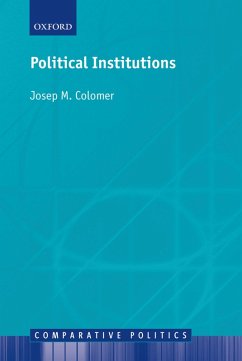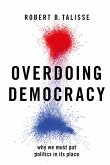The role of institutions is to establish the domains of public activity and the rules to select leaders. Democratic regimes organize in simple institutional frameworks to foster the concentration of power and alternative successive absolute winners and losers. They favour political satisfaction of relatively small groups, as well as policy instability. In contrast, pluralistic institutions produce multiple winners, including multiparty co-operation and agreements. They favour stable, moderate, and consensual policies that can satisfy large groups' interests on a great number of issues. The more complex the political institutions, the more stable and socially efficient the outcome will be. This book develops an extensive analysis of this relationship. It explores concepts, questions and insights based on social choice theory, while empirical focus is cast on more than 40 democratic countries and a few international organizations from late medieval times to the present. The book argues that pluralistic democratic institutions are judged to be better than simple formula of their higher capacity of producing socially satisfactory results.
Dieser Download kann aus rechtlichen Gründen nur mit Rechnungsadresse in A, B, BG, CY, CZ, D, DK, EW, E, FIN, F, GR, HR, H, IRL, I, LT, L, LR, M, NL, PL, P, R, S, SLO, SK ausgeliefert werden.









